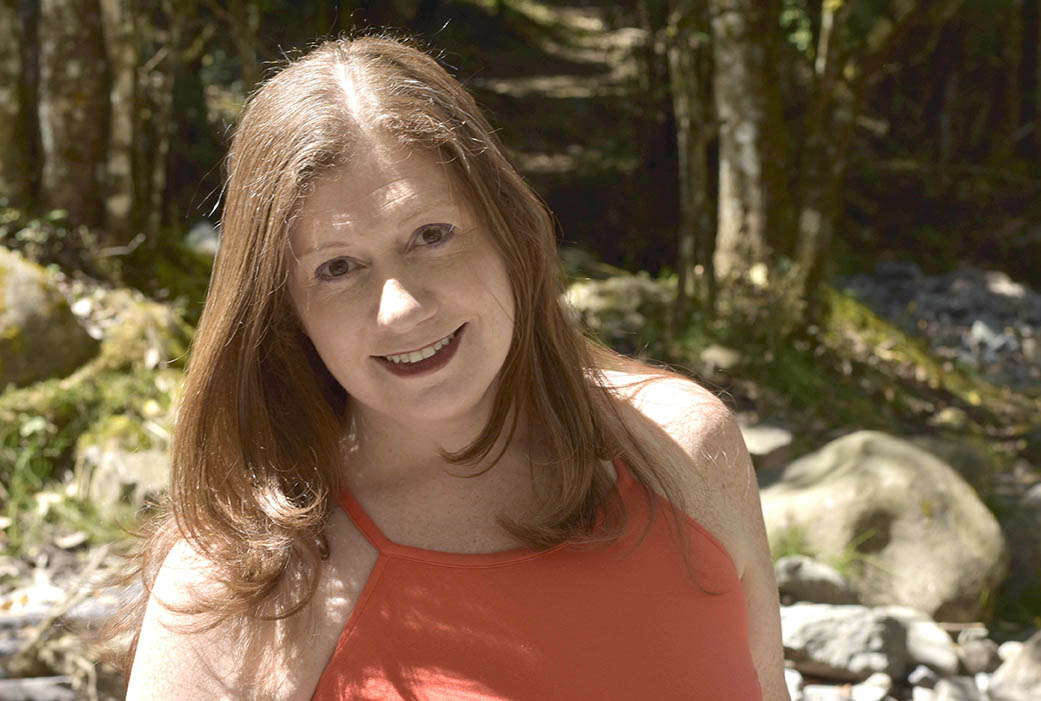I often wonder if there are writers who feel they know what they’re doing. People who can sit down without hesitation and dive into writing without the slightest nagging doubt.
I’m not like this.
I don’t think I’ve ever met a writer like this.
In 2009, Elizabeth Gilbert gave a TED Talk about how after the spontaneous and enormous success of Eat Pray Love, she was doomed. Because once you write such a fabulously successful book, you worry if you’ll ever be able to write something that well received again. Or you worry maybe you’ll never write anything at all ever again.
Easy for her to say, right? She’s a best-selling author with two TED talks under her belt, and Oprah is her friend.
But really, what she experienced after great success isn’t that different from not having written anything at all. You sit there wondering if you’ll really be able to write. You worry no one wants to read your writing and perhaps what you write won’t measure up. (Of course, it definitely won’t measure up if you never write it.)
Isn’t it amazing what our brains do to us?
We worry we won’t create anything good. Then once we create something amazing, we worry we won’t be able to duplicate what we did before. We look at other people and compare, wondering if we’re good enough. We compare everything, as naturally as breathing, we don’t even realize we’re doing it.
Oh the excuses we’ll make to pretend we’re not afraid
I know, because I am an expert at finding ways to write without actually writing. I have mastered the art of pretending to do things when I’m not really doing. Let me clarify.
I always have a lot going on. So much that people have often marveled at how much I do. I founded a writing mentorship program. I mentor writers as they write books and map out their writing lives. I also lead international writing retreats, plus I’m the moderator of a couple writing groups. I regularly pitch magazines and have a pretty high rate of yeses. I wrote a book called The Writer’s Roadmap: Paving the Way To Your Ideal Writing Life.
But I hit a point where I knew all this doing was a sham, because I had no time to write. I wasn’t finishing the essays that inspire me. Or pitching the articles that fire me up. Or the book I started during NaNoWriMo, how many years ago was it?
I told myself it was temporary, but when I hit the edge of temporary and still wasn’t writing what I most wanted to write.
“Maybe I should give up writing and just teach,” I wondered. But my teaching and mentoring go stale when I’m not writing and submitting. “Maybe then I should give up teaching, and just find a regular job.”
It’s irrational, isn’t it? Considering giving up everything I’ve worked to create over the last 15 years of my life because of fear.
But that’s what fear does to us. It makes us want to give up on what we want most. Fear tells us, sure, Elizabeth Gilbert can write a best-selling book and sit on the couch with Oprah, but for me, that’s impossible. It’ll never happen.
It feels like it won’t happen because the gap between where I am now and where I want to go is simply too great. How can I possibly bridge it? There’s just so much I don’t know and so much I’ve never done.
Striving to be consciously incompetent
When I think of what I don’t know, I see my knowledge as a grid. Some parts are solid, full of substance, thick with information. But oh my lord there are so many spaces and cracks and parts that look like Swiss cheese attacked by a rat. Hole-y, ragged, unkempt and dusty.
I feel incompetent.
But here’s the funny thing about being incompetent. It’s only natural to feel incompetent when you’re growing. You understand on a deep level that the universe is so large and deep, you will never know it all. You know you don’t know everything.
So we begin as unconsciously incompetent children when we think we know everything and over time we become consciously incompetent adults. That’s when we realize we don’t even have a clue how much we don’t know. The more we learn, though, the more we move toward competency and mastery.
Elizabeth Gilbert’s second TED Talk inspires us to keep doing what we most love no matter what. If you succeed, keep writing. If you fail, keep writing. Keep learning, growing and doing the things that take you out of your ego and into a place of pure joy.
This is the place Liz Gilbert calls home.
The trick is to learn to be comfortable with how uncomfortable it is to feel incompetent. It takes practice. You have to really flop around, be incompetent again and again until every so often you realize, “Hey, this is pretty great.” Then you’ll slip back into the hard work of trying to figure things out.
Now, get back to work.


